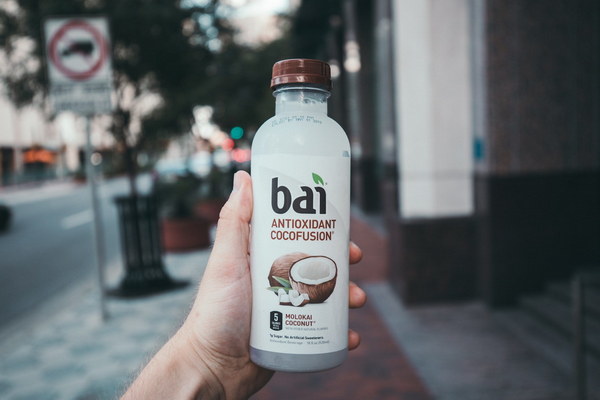Nourish Your Body with the Power of Herbal and Green Remedies A Journey into Traditional Chinese Herbal Nutrition
In the realm of holistic health, herbal and green remedies have long been revered for their healing properties. These natural wonders have been passed down through generations, with traditional Chinese medicine (TCM) being one of the oldest and most influential systems. In this article, we will explore the benefits of incorporating herbal and green remedies into your diet, as we delve into the fascinating world of herbal nutrition.
The Concept of Herbal Nutrition
Herbal nutrition is a vital aspect of TCM, focusing on the use of natural ingredients to maintain and improve health. This approach emphasizes the importance of balancing the body's yin and yang, as well as the five elements—wood, fire, earth, metal, and water—to ensure overall harmony.
The Power of Herbs
Herbs possess a wide range of therapeutic properties, making them a valuable resource for addressing various health concerns. Here are some commonly used herbs in herbal nutrition:
1. Ginseng: Known for its adaptogenic properties, ginseng helps the body adapt to stress and enhance overall vitality.
2. Astragalus: This herb strengthens the immune system and promotes longevity.
3. Green tea: Packed with antioxidants, green tea supports heart health and aids in weight loss.
4. Turmeric: A powerful anti-inflammatory agent, turmeric helps alleviate pain and improve digestion.
5. Chrysanthemum: This flower is excellent for soothing the eyes, reducing stress, and promoting relaxation.
The Benefits of Green Remedies
Green remedies, such as green vegetables and fruits, are also an essential part of herbal nutrition. These natural sources of nutrients, antioxidants, and fiber offer numerous health benefits, including:
1. Improved digestion: Leafy greens like spinach, kale, and lettuce are rich in fiber, which helps regulate bowel movements and prevent constipation.
2. Enhanced heart health: Green vegetables like broccoli, asparagus, and green beans are high in antioxidants and vitamins that support heart health.
3. Weight management: Green foods are low in calories and high in fiber, making them perfect for weight loss and maintenance.
4. Increased energy levels: Leafy greens are an excellent source of iron and B vitamins, which are crucial for energy production.
Incorporating Herbal and Green Remedies into Your Diet
Now that we've explored the benefits of herbal and green remedies, how can we incorporate them into our diet?
1. Start with breakfast: Begin your day with a green smoothie or a bowl of mixed greens to ensure you're getting a daily dose of essential nutrients.

2. Add herbs to your cooking: Sprinkle turmeric, ginger, or garlic into your meals to enhance flavor and reap the health benefits.
3. Snack on green vegetables: Have a small portion of raw vegetables or a handful of nuts and seeds to satisfy your hunger and provide essential nutrients.
4. Brew herbal teas: Sip on herbal teas throughout the day to soothe your body and mind, and to support your overall health.
In conclusion, herbal and green remedies are a fantastic way to enhance your diet and promote holistic health. By incorporating these natural wonders into your daily routine, you can experience the benefits of traditional Chinese herbal nutrition and lead a healthier, happier life.



![Discover the Ultimate Relaxation at Bai City Foot Massage Parlor - Call Now [Phone Number]!](http://img.bluepurple.cn/a/养生/308/Discover-the-Ultimate-Relaxation-at-Bai-City-Foot-Massage-Parlor-Call-Now-Phone-Number.jpg)





